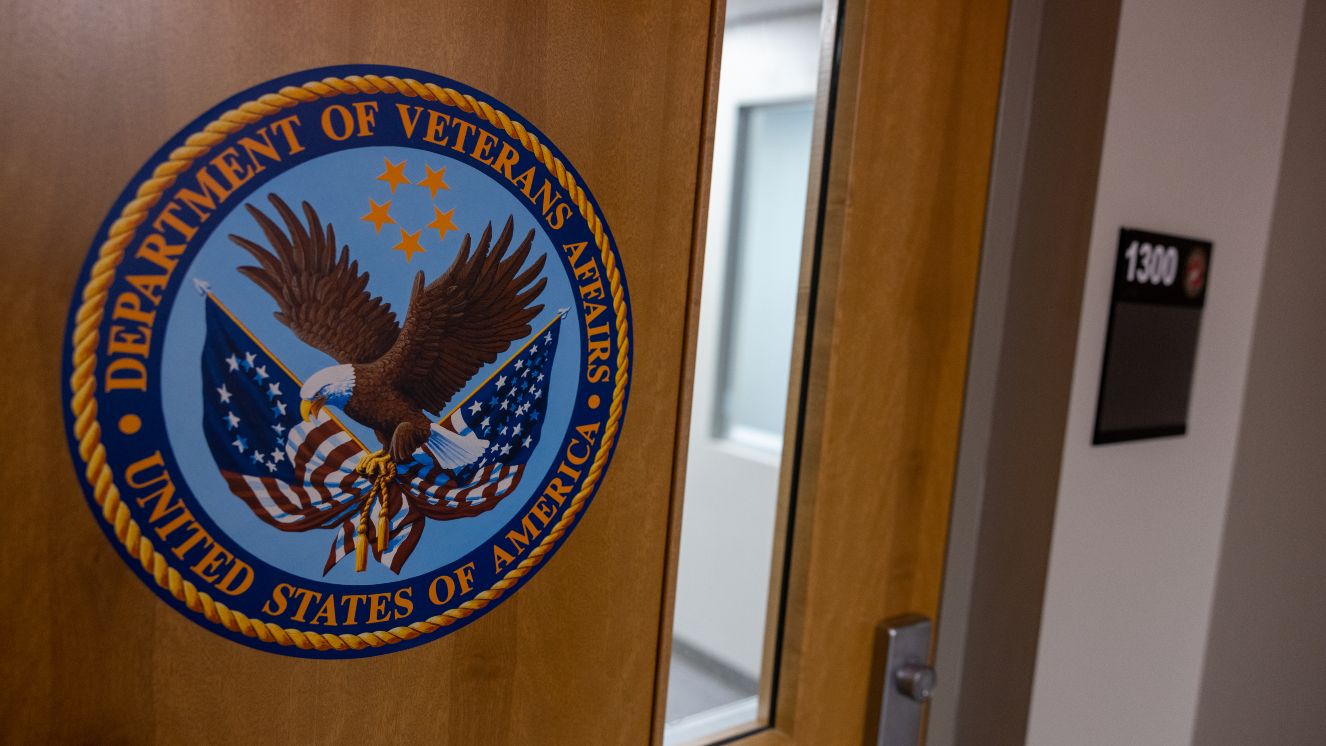DO I USE MY GI BILL FOR DEPENDENTS OR MYSELF? WHAT TO CONSIDER
COMMENT
SHARE

Introduction
One of the biggest benefits of military service is the GI Bill. This has been in place for many decades and provides important educational benefits for those who have served. It can be very difficult to navigate the process of getting GI Bill benefits and deciding whether or not you should keep it for yourself or give it to others in your family. Before you decide whether or not to use your GI Bill for dependents, you need to determine your own goals for your education and whether it is worth allowing someone else in your family to use your GI Bill benefits. Ultimately, this is somewhat of a personal decision as you attempt to determine what will work for you or your loved ones. If more than one person in the family could use the educational benefits, it’s worth sitting down to think about these important issues and to review the key questions and eligibility issues surrounding gifting your GI Bill for dependents to use.

GI Bill Types
Post 9/11 GI Bill
The most relevant education benefit for the latest generation of Veterans and service members is referred to as the Post-9/11 GI Bill. This includes several benefits such as a monthly housing allowance, stipend for supplies and textbooks, and tuition and fee payments for as long as 36 months.If you are an active duty service member who has served for a minimum of 90 days since September 10th, 2001, you are eligible for post-9/11 GI Bill benefits, and you can transfer them to your dependents. This is true whether you have already been separated with an honorable discharge or are still in the military. The amount of time that you served active duty will determine the total amount of benefits that you are eligible for. In 2020, the system for determining percentage benefits was updated, meaning that people who served between 90 days and six months would be eligible for 50% of GI Bill benefits. It also added that people who served between six and 18 months would be eligible for 60% of the total GI Bill benefits.

GI Bill Requirements for Dependents
One of the most common questions service members and Veterans ask is, “Can my kids use my GI benefits?” That’s what we’re here to talk about! Of course, the answer is YES! Not only can milspouses use the GI Bill, military dependents can also receive GI bill benefits, if you decide to transfer them. However, there are a few stipulations based on age, as you’ll see in the following section. In addition, the VA outlines specific rules about transferability. For dependents, the following rules and regulations apply:
- Can use the benefit only after the service member has served at least 10 years in the Armed Forces
- Can use the benefit either while the eligible member remains in the Armed Forces or after they separate from active duty
- Cannot use the benefits until they have attained a secondary school diploma/equivalency certificate or turned 18
- May receive monthly stipend for books and supplies while the eligible service member is on active duty
- Cannot use the benefit after turning 26
Dependents (as well as spouses) may also qualify for something called the Marine Gunnery Sergeant John David Fry Scholarship, which allows dependents of Veterans who died in the line of duty to receive money for education.
Age Limit for GI Bill for Dependents
Dependents cannot use your GI Bill benefits until they turn 18, and they will not be able to use them after the age of 26. However, your dependents will not be required to use your benefits within 15 years after separation from the military.Even if your child gets married, they are still eligible to receive your benefits so long as you fill out the appropriate forms. After you begin the process of applying for benefits, the VA will send an eligibility certificate that determines your level of benefits, which you can present to the educational institution you intend to enroll in.If you're still on active duty, you can change, revoke, or transfer a Transfer of Entitlement through milConnect.

What Can I Use My GI Bill for?
There are many different kinds of programs you can use your GI Bill for, and the same applies to any eligible children who might want to use this educational benefit when you transfer it to them. Some of the most common examples to answer the question, “What can I use my GI Bill for?” include work-study programs, flight training, college degree programs, correspondence training programs, national testing programs, and certification and licensing reimbursements. Remember that your GI Bill will not have the same reach at a private institution that it does at an in-state, public institution. For the school tuition that is not entirely covered by the GI Bill program, you may also investigate whether your university is part of the Yellow Ribbon Program. You may be able to split the costs of any classes that are not covered by the GI Bill. Right now, only surviving dependents of service members and Veterans are eligible for that program, but in August 2022, that will be extended to active duty troops.Suggested Reads: What is the Yellow Ribbon Schools Program and How Do I Qualify? and Which Online Colleges for Veterans are Really the Best in 2022?
How Do I Use My GI Bill?
This process starts by determining your own educational goals. Perhaps you have not yet considered the type of career you wish to pursue after leaving the military. Spend some time thinking about your individual passions and the pursuits that you might enjoy after you are done with your service. Even if you intend to return to the service, you may be eligible to use some of these educational benefits to help improve your professional life and to give you more options once you become a Veteran.After you have that figured out, you can visit the VA’s website, find your educational benefits form, sign in, and complete your application. The VA should process your claim within 30 days, and you’ll receive a COE soon after that.

Does it Make Sense To Save My GI Bill for My Kids?
Since some service members might not wish to use their benefits themselves, they look into VA education benefits for dependents. In certain circumstances, you are eligible to pass on or transfer your educational VA benefits through the GI Bill to spouses or dependents. You are not obligated to choose to pass on your benefits to your dependents, and it is a personal decision to transfer GI Bill benefits. It’s natural to want to consider whether or not you should give your kids your GI benefits if you know that you won’t use them. However, there are other ways to save for your children’s education in the future, especially if this is very far off and you’re not yet sure of their personal educational goals. There are some circumstances when it might make more sense to use the GI Bill now to immediately increase your earning capability rather than setting it aside for 10 or 15 years for your children. For example, if you are relatively young and use your GI Bill now to take on a degree that would substantially increase your income potential once you leave the military, this could compound over time and allow you to save much more money for retirement or other needs, such as your children's education.You might have a lower lifetime income if you choose instead to transfer this to your children. Another thing to consider is that changes could be made to the GI Bill between the time you receive the benefits and the time your child goes to college. There's no way to tell for sure what this program might look like in 15 years. And as many people have recognized, military benefits and educational benefits can change significantly over the course of just a couple of years. You want to think through the specific circumstances of your family and work through what makes the most sense for you and your loved ones.

How To Transfer GI Bill to Dependents
If you don't see yourself ever using the educational benefits with the GI Bill or have already finished your degree, you might want to consider transferring your GI Bill benefits for dependents to use. You should always walk through the specifics of your individual circumstances before making this decision however. You are only eligible to transfer GI Bill benefits if you have a minimum of six years of service under your belt and have the eligibility to serve for four more years once the transfer has been approved by the Department of Defense. Dependent children must be 18 years or older at the time GI Bill benefits are transferred to them. There are certain approved programs that extend this maximum age to 23. If you do decide to transfer your GI Bill for dependents to use, you’ll need to fill out a Transfer of Education Benefits first. Then, your dependent can visit the VA’s website and fill out the benefits form for themselves. The person getting the benefits also needs to enroll in the Defense Enrollment Eligibility Reporting System.
Conclusion
If you are aware that you have eligibility and you have not yet used your benefits or are considering transferring your GI Bill benefits for dependents to use, consider making a pro and con list of the different options for you to use them yourself or to transfer GI Bill benefits for dependents. More like this: 8 Great Military Retirement Benefits To Get Your Post-Military Life Started Right
Join the Conversation
BY LAURA BRIGGS
Laura Briggs is a Contributing Writer at VeteranLife.com.
Laura Briggs is a Contributing Writer at VeteranLife.com.



